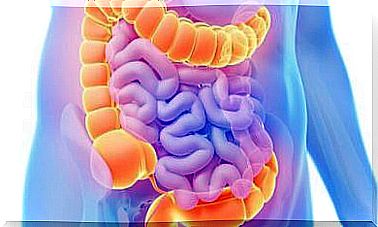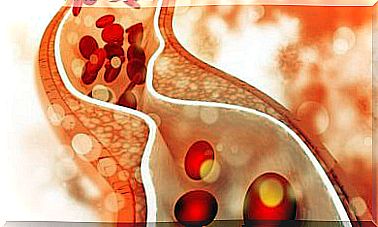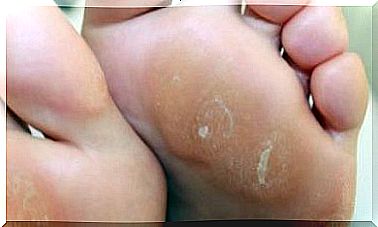Hyporexia Or Loss Of Appetite: What You Should Know About It!
Hyporexia can arise from physiological, emotional or social causes.
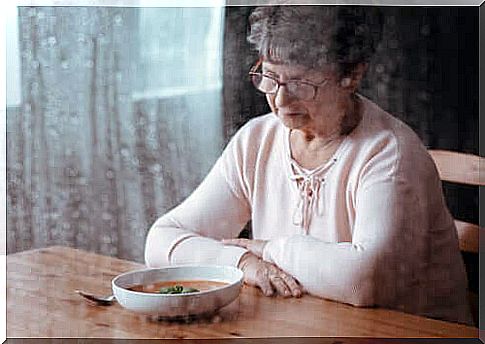
Hyporexia is the medical term for increasing loss of appetite. This can happen at any age, but it is particularly common for older people.
Hyporexia is very similar to anorexia, and in some cases it is even difficult to distinguish the two disorders in practice. Anorexia leads to complete loss of appetite, but both conditions lead to damage to health through malnutrition or a lack of important nutrients, such as vitamins.
It is estimated that around 60 percent of people over the age of 65 suffer from hyporexia. From the age of 80, this percentage even increases to almost 90 percent. Learn more about this disorder today.
How does hyporexia occur?
As already mentioned, we speak of a decreased appetite, which leads to the fact that those affected eat less and consequently also lose weight. In addition, there are also signs of fatigue.
The problem with hyporexia is that it leads to significant nutritional deficiencies over time. It is very common for those affected to take in too few vitamins and suffer from anemia.
It is true that as you get older you need less energy, but that’s not the only reason your appetite decreases. Often psychological problems, such as depression, lead to a loss of appetite.

Many experts believe that hyporexia also occurs because the sensitive capacity decreases with age. This means that the senses of smell and taste no longer work as well and this also affects the appetite.
Other causes of loss of appetite are various illnesses, which can be acute or chronic. The likelihood of neoplasia or digestive disease is greater in the elderly and a link to hyporexia can also be observed here.
Other common causes of hyporexia
There are many different factors that affect appetite. Older people may be related to their living conditions: in a retirement home, or when they feel lonely or are not receiving the right care, their appetite often also decreases.
On the other hand, it should be mentioned that certain drugs can also cause loss of appetite. Examples are codeine, morphine or chemotherapy.
We must also not forget that with old age there are often problems with the teeth. Dental problems or dry mouth increase with age and can also negatively affect diet. If you cannot bite and enjoy the food properly, your appetite quickly disappears.
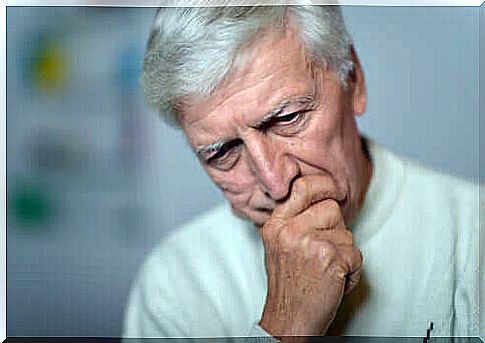
What are the consequences of this disorder?
The loss of appetite can lead to malnutrition over time. In older people, this only becomes noticeable slowly and gradually and is therefore usually not recognized until late.
In the case of malnutrition, muscle mass is lost at the same time. Those affected become weaker and weaker and also suffer from increasing tiredness. Diet is directly related to the immune system, which is also weaker as a result.
So hyporexia can lead to any disease having more serious consequences. Therefore it is very important to discover and treat this disorder in a timely manner. Ideally, eating habits can be changed.
We recommend several meals a day, even if the portions are small. However, they should contain enough calories. It is important to choose foods that the person concerned likes. In addition, if possible, the meal should be dragged out without distractions.
If these measures are unsuccessful, there are also medicines that stimulate the appetite. If you have any doubts or questions, you should definitely speak to your doctor. He can assess the situation and recommend specific measures that adapt to the causes and the individual situation of each patient.





